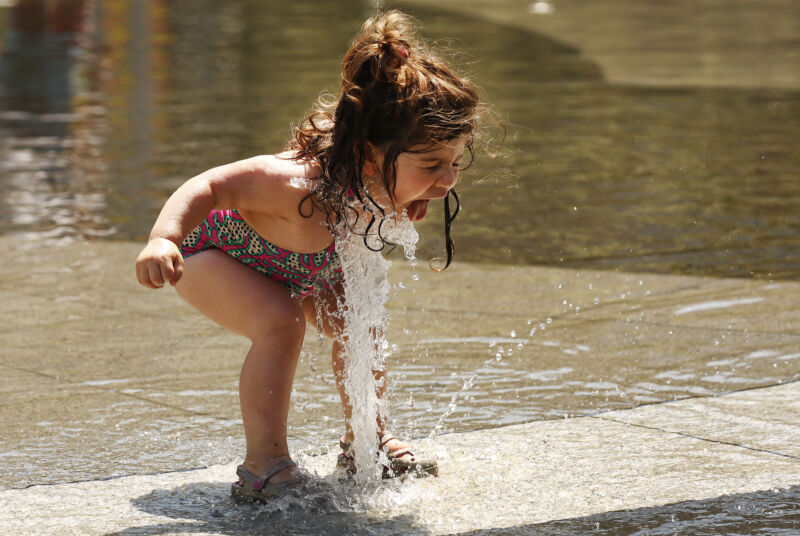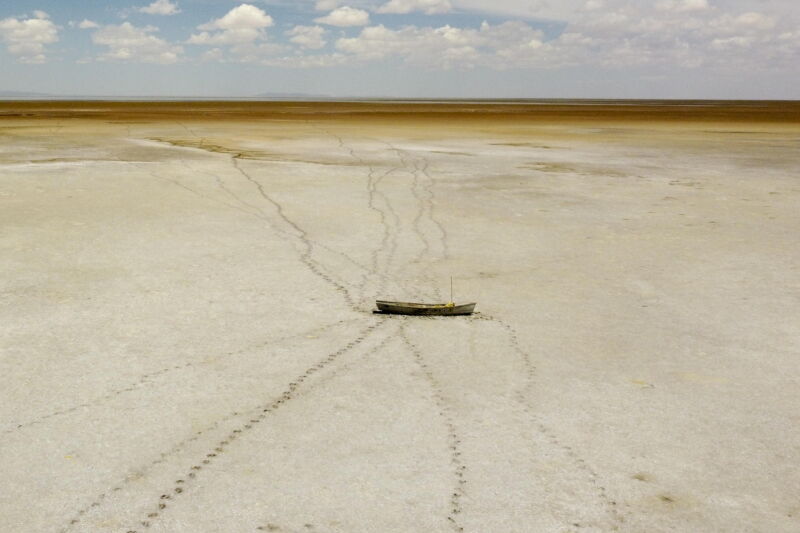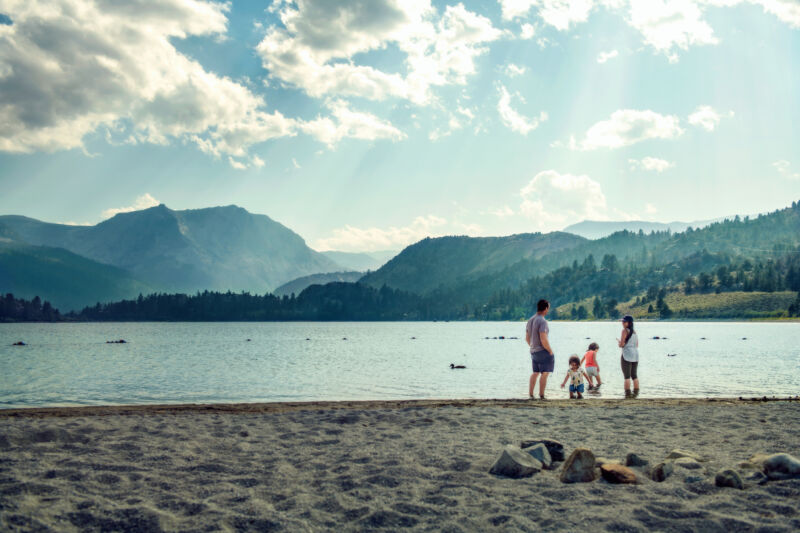-
 chevron_right
chevron_right
It’s summer and that means disturbing swim advisories. Here’s our top 5
news.movim.eu / ArsTechnica · Friday, 23 June, 2023 - 21:31

Enlarge / A 2-year-old enjoys the spray of water in a splash pad in Los Angeles on June 20, 2022. (credit: Getty | Al Seib )
It's summer, and that means health organizations will be periodically showering Americans with reminders of how public swimming venues are actually nightmarish cesspits teeming with microbes that can burn your eyes, ravage your intestines, and eat your brains .
In attempts to communicate some pretty basic health advice—like, don't pee or poop in a public pool and try to avoid gulping toxic algae from lakes—health organizations create a mesmerizing fountain of hilarious, graphic, disturbing, clumsy, and sometimes perplexing advisories.
Given this wellspring of vomitus summer fun, here are our picks for the top five public health advisories bobbing in the waters this summer.


